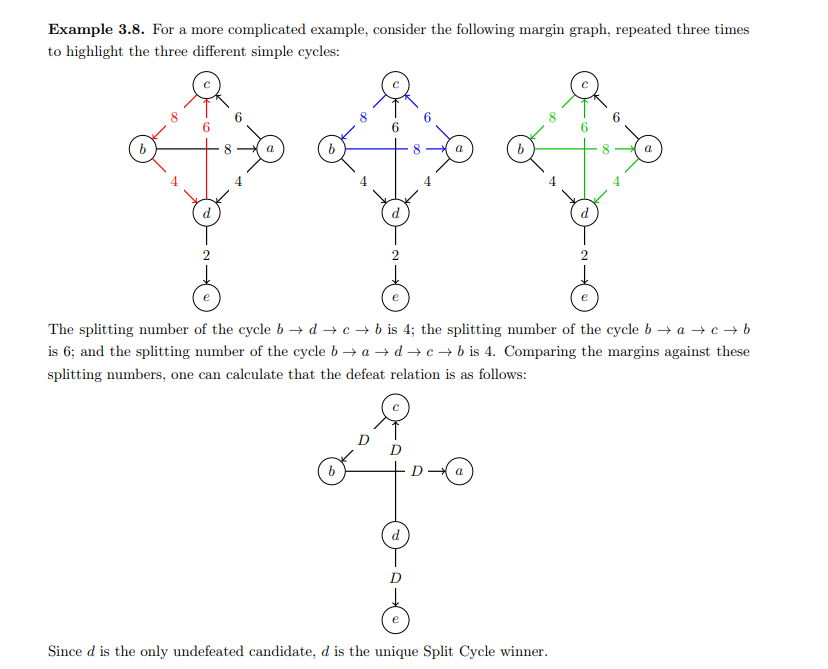Before today, I thought one-sided strategy was impossible. It seems bizarre to imagine a situation where only one of the two parties is able to work out the correct solution.
Today I came across a video explaining how to vote strategically in Schulze. It said that, if you really want to make your vote count, you should put your favorite at the top; then, you should truncate your ballot below the candidates you think are unacceptable. This is great, right? Clean and concise explanation of a minimal defense.
Except I lied. The video was talking about IRV. This video—produced by a large, well-funded San Francisco advocacy group—was trying to "educate" everyone into using the exact opposite of the correct strategy for IRV!
This strategy is both highly ineffective and socially disastrous. It dramatically increases the risk of a center-squeeze. It would create even stronger polarization and more extremism than in our current system of FPP-with-primaries, where at least primary voters know to vote for electable candidates.
That's not to say strategy can't be done. Alaska Democrats pulled it off in the 2022 Senate race, where they managed to get everyone to rank Murkowski first. Except... Republicans didn't manage the same for Begich. That's a huge problem.
I don't know if the video I saw was stupidity or intentional disinformation. Either way, it shows a big problem with IRV and Condorcet-IRV hybrids: their complexity makes them very vulnerable to one-sided strategy. We can't expect both parties, or all voters, will be able to work out the best strategy and use it. It's completely possible that only one party will understand runoffs well enough to exploit them.
I don't think you can expect voters to consistently execute any strategy more complex than thresholding, in a way that cancels out across parties and candidates.
An unusual strength of cardinal methods is the strategy is so clearly, blatantly obvious that nobody is disadvantaged. In this sense, unlike IRV, score and approval seem remarkably resistant to one-sided strategy.


